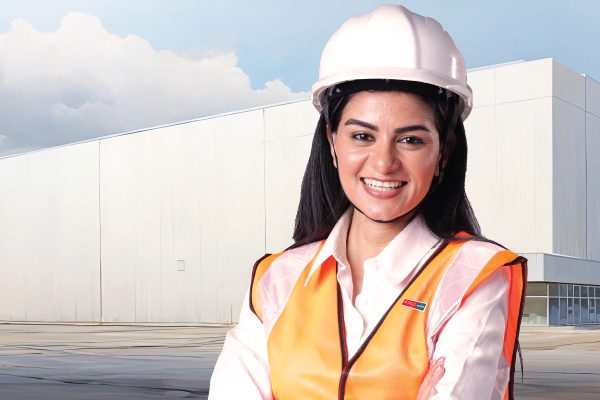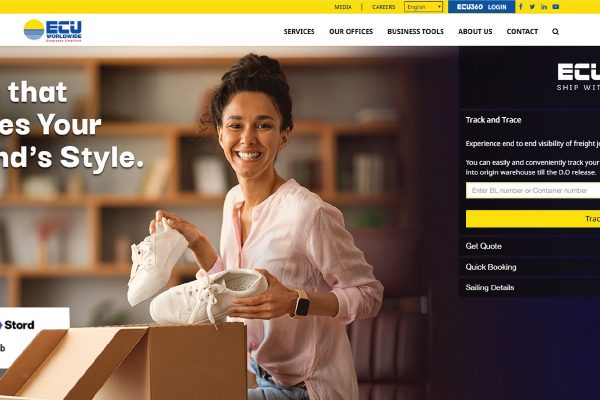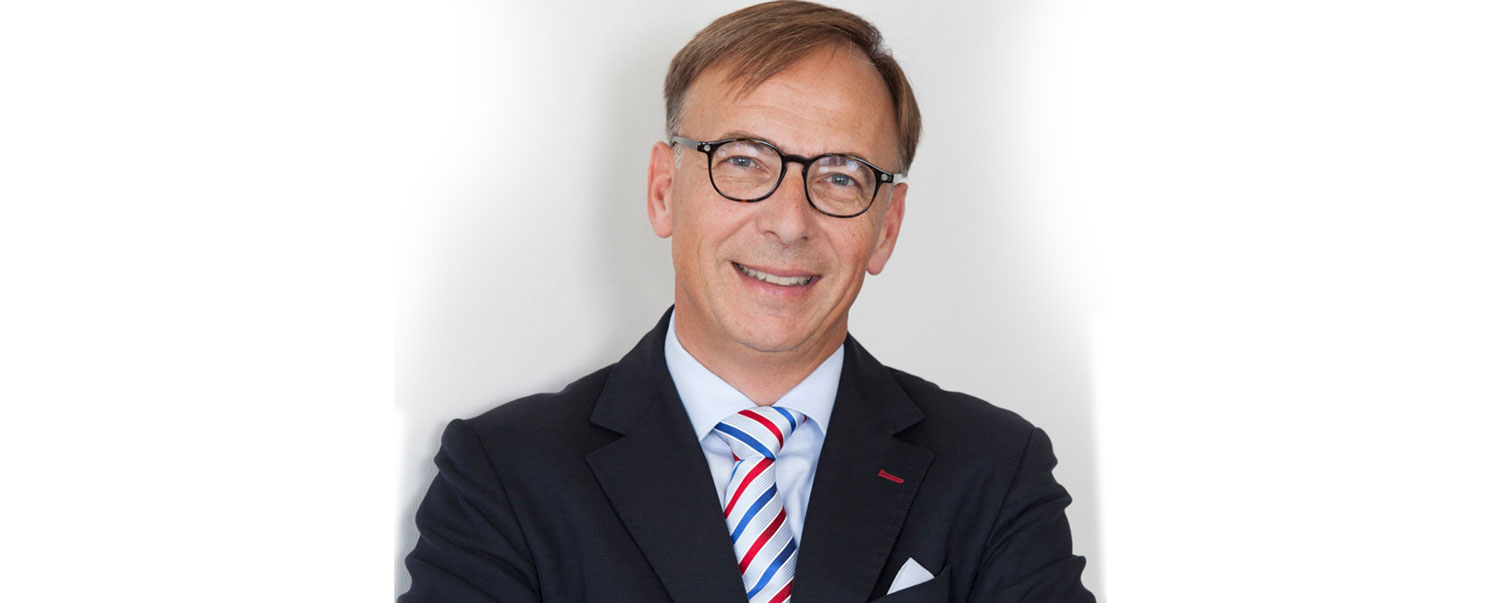Thomas Heydorn, who has been recently promoted as RCEO Europe, ECU Worldwide shares the mantra behind the company’s turnaround in the region, and his vision for the journey ahead
Q What is your view of the logistics industry in the European region? How are the geopolitical issues shaping trade in the region, given that container growth is closely linked to trade?
Answer: Europe overall and also CNE region has a very mature market of logistics. Approximately 60% of all trade in Europe is amongst European and neighbouring countries. Main means of transport is trucking, rail and to some extent also barge (river and coastal ship) transport. The biggest accomplishment for transport in intra-Europe region is the Schengen treaty, allowing cross-border movements without customs check-point stops. That also refers to most of the ECU satellite-and-hub feeder transports. In some places we don’t see any substantial growth of container volumes any more, industries moved out from some countries, production has re-located to east (Eastern Europe) or far east (Asia). That has caused a major shift on supply chains. Rising private consumption in many Eastern Europe countries requires a lot of warehouses and fulfilment centres. Geopolitical issues are impacting our business today already, with embargos for Russia and Iran. More might be triggered by protectionism of the US and other countrie.
Q What has been the impact of Brexit on the region’s trade and logistics industry?
Answer: That has yet to be seen. The latest news is that present customs regimes might prevail for some time. Media hype on Brexit suggests that the EU leaves the UK. Fact is that the UK wants to leave the EU. Trade with the UK makes less than 6% of the EU but more than 50% for the UK. If the UK quits from the customs union of the EU, transports to and from would be subject to border controls, different tax and duty filing, customs tariff calculation, etc. For the logistics industry, to be frank, I would expect a lot of extra work, but that will create jobs.
Q You have steered an impressive turnaround for ECU Worldwide in Germany. What were the key initiatives taken by you to bring about this transformation?
Answer: First and foremost a concept and structure compelling to people around me, building trust and confidence working together. Persistency is probably the key for all our accomplishments, my staff, my managers and our clients, building a true brand of what we are and what we can do. My slogan is ”promise what you can deliver, deliver what you promised”.
Q What are your views on the immediate challenges and opportunities in specific regions and trade lanes?
Answer: Our biggest opportunity is to expand our presence in the region, growing together with active agents and partners and to extend our own footprint. With our new office in Riga / Baltics our transition in Bucharest / Romania, new partners in Sofia / Bulgaria and plenty of plans for other countries, we have a lot of work in front of us, challenging but also rewarding. Most important is to develop customers, inviting them to work with us and prove we deliver accurate service. A challenge is to migrate satellite cargo into direct services. The moment we start a direct trade lane we risk that weekly flows are not yet stable; at the same time reduce utilisation of feeder trucks into / or from the hub and also impact the hub lanes.
Q Which will be your top areas for growth in terms of geography and trade segments?
Answer: We still see a lot of potential for our export to the US, import from Asia and we would like to shape a product for Sub-Sahara Africa in close cooperation with ECU Antwerp.
Q Please share your vision for ECU, in terms of immediate goals, medium-term priorities and long-term objectives?
Answer: Our industry, in particular our main vendors — the carriers are in transformation. Their service levels are at times not that good, we have to absorb that and play smart with whom we contract. Building relationship with long-term partners, like our warehouse operators, truckers, customs agents is fundamental for long lasting success. Our industry has always behaved opportunistically, I believe that an integrator-model of business makes us less exposed and fosters relationship with customers.
Q How are you leveraging ECU’s strength in technology and innovation to fuel future growth?
Answer: Technology is a big word, if we look at how cargo is still physically handled at our warehouses, nothing much has changed the past decades. On the office side, interaction with clients, our vendors and authorities we see a lot of data integration, aiming for lean processes and better control. That will continue and the technology will come at less costs. While we capture on technology we need to review our processes, first try to simplify, then to automate. In Germany, we apply a lot of data interchanges, with customers, our CFS, customs and carriers. There is always room for improvement, aiming to reduce our overhead costs, speed up operations and avoid mistakes.
Q Tell us about ECU’s people and offices in the region?
Answer: We have great staff, we make sure people bring along the right skills and motivation. Reality in my part of Europe is also that young people aim for changes, want to get out of routines after a while and take on new challenges in a manpower-short market. In our employment market nobody is spared from fluctuation, in all industries, amongst our clients and competition and ECU.
Q On a personal note, tell us about your family? How do you strike a work-life balance?
Answer: My retreat is indeed important, family, friends and my hobbies. I like nature, so I live outside Hamburg, enjoy golfing and gardening, which is my exercise and resting point in one.














